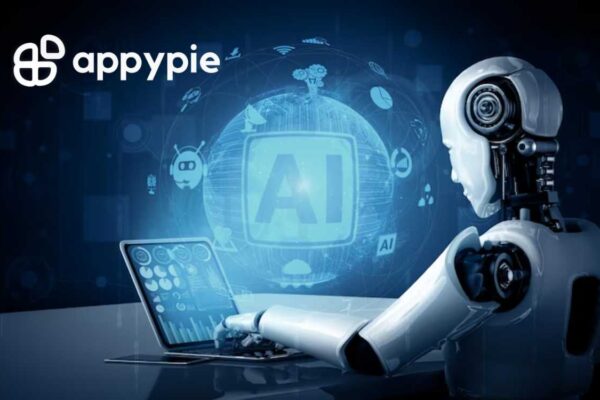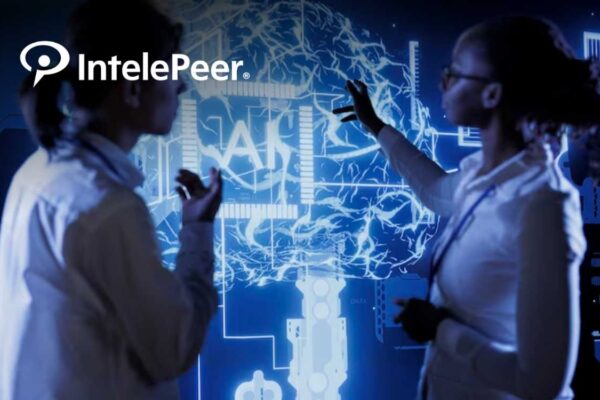- AI-Assisted Research on Westlaw Precision – Better, faster answers to complex research questions drawn from the industry’s most comprehensive collection of editorially enhanced content
- A new GenAI assistant connects all Thomson Reuters generative AI products, building on innovation from Casetext
- Thomson Reuters Generative AI Platform – A common development platform to design, build, and deploy GenAI skills with unparalleled speed
- New GenAI capabilities for Practical Law – Customers to benefit from AI chat-type interface
- CoCounsel Core – Announcing the commercial offering of CoCounsel skills as part of the Thomson Reuters portfolio
Thomson Reuters, a global content and technology company, today announced a series of GenAI initiatives designed to transform the legal profession. Headlining these initiatives is the debut of GenAI within the most advanced legal research platform, AI-Assisted Research on Westlaw Precision. Available now to customers in the United States, this skill helps legal professionals quickly get to answers for complex research questions. This generative AI skill leverages innovation in Casetext and taking a “best of” approach was created using the Thomson Reuters Generative AI Platform.
The company also announced that it will be building on the AI assistant experience Casetext created with CoCounsel, the world’s first AI legal assistant. Later in 2024, Thomson Reuters will launch an AI assistant that will be the interface across Thomson Reuters products with GenAI capabilities.
The AI assistant, called CoCounsel, will be fully integrated with multiple Thomson Reuters legal products, including Westlaw Precision, Practical Law Dynamic Tool Set, Document Intelligence, and HighQ, and will continue to be available on the CoCounsel application as a destination site. Customers will be able to choose the right skills to solve the problem at hand while taking advantage of generative AI capabilities.
“Thomson Reuters is redefining the way legal work is done by delivering a generative AI-based toolkit to enable attorneys to quickly gather deeper insights and deliver a better work product. AI-Assisted Research on Westlaw Precision and CoCounsel Core provide the most comprehensive set of generative AI skills that attorneys can use across their research and workflow,” said David Wong, chief product officer, Thomson Reuters.
With AI-Assisted Research and CoCounsel Core, attorneys are empowered with eight GenAI-powered core skills, including AI-Assisted Research on Westlaw Precision, Prepare for a Deposition, Draft Correspondence, Search a Database, Review Documents, Summarize a Document, Extract Contract Data, and Contract Policy Compliance. The company also laid out high-level product roadmaps to develop numerous additional GenAI skills to address customer-specific needs. Each additional skill will be built on a common software framework within the Thomson Reuters Generative AI Platform.
AI-Assisted Research allows customers to ask complex legal research questions in natural language and quickly receive synthesized answers, with links to supporting authority from Westlaw content and links to further examine that authority. AI-Assisted Research streamlines the initial phase of legal research with sophisticated answers to questions and the authority those answers are based on, saving hours of work. These responses are founded on more than 150 years of Thomson Reuters classification, analysis, and editorial expertise contributed by subject matter experts and attorney editors. AI-Assisted Research employs Retrieval Augmented Generation (RAG) to prevent the large language models (LLMs) from making up things like case names and citations by focusing the LLMs on the actual language of Westlaw content. Future plans include expanding GenAI throughout the research process in Westlaw and bringing these capabilities to versions of Westlaw outside the US. Starting in 2024, target markets include the UK, Canada, Australia, and New Zealand.
“Thomson Reuters is well positioned to deliver high-quality AI results because it has the largest, most up-to-date, and trustworthy legal research system in the world,” said Andrew Bedigian, counsel, Larson LLP. “The fact that AI-Assisted Research relies exclusively on Thomson Reuters vetted database should provide lawyers with confidence that the answer AI-Assisted Research is generating in response to attorney questions is going to be well supported. And the fact that AI-Assisted Research delivers all the sources it relied upon – right beneath the answer – provides additional confidence that the program is delivering on our research needs.”
“We leveraged our experts in Thomson Reuters Labs, our more than 1,600 attorneys, and our best-in-class content to build a Westlaw Precision tool that provides our customers with the trust, accuracy, and speed they need to serve their clients,” said Mike Dahn, head of Westlaw Product Management, Thomson Reuters. “Our human oversight, technology expertise, and industry-leading content are critical to producing trusted answers with generative AI. This tool won’t obviate the need for attorneys, but it will help them do their work better and faster.”
CoCounsel Core
With integration well under way, the company today announced CoCounsel Core as the commercial offering of legacy CoCounsel skills. CoCounsel has had more than 4,000 hours of rigorous testing and training by more than 1,400 customers since its launch in May – including input of law firms, corporations, and government agencies. All of this learning is being utilized in the Thomson Reuters innovation journey.
Thomson Reuters Generative AI Platform
The Thomson Reuters Generative AI platform is a cloud native technology platform that uses an API-first development approach and incorporates Thomson Reuters user experience and design systems. It will enable Thomson Reuters to quickly and easily launch new generative AI skills by leveraging reusable components as the building blocks for future products. The Thomson Reuters Generative AI platform will provide a safe, privacy-compliant, and reliable platform for generative AI development, enabling scalability across a wide range of LLM providers.
Thomson Reuters will continue to bring GenAI to more aspects of the legal research process with the introduction of GenAI within Practical Law Dynamic Tool Set in January 2024. Customers will benefit from generative AI within Practical Law through a new interface with an AI legal assistant, which will quickly provide answers using conversational language – all validated by trusted Practical Law content created and maintained by a team of more than 650 legal experts.
Thomson Reuters is committed to ensuring that its AI products and skills are built responsibly. To review the guidelines used to ensure that Thomson Reuters solutions are secure, trusted, and reliable, see the company’s AI principles.























